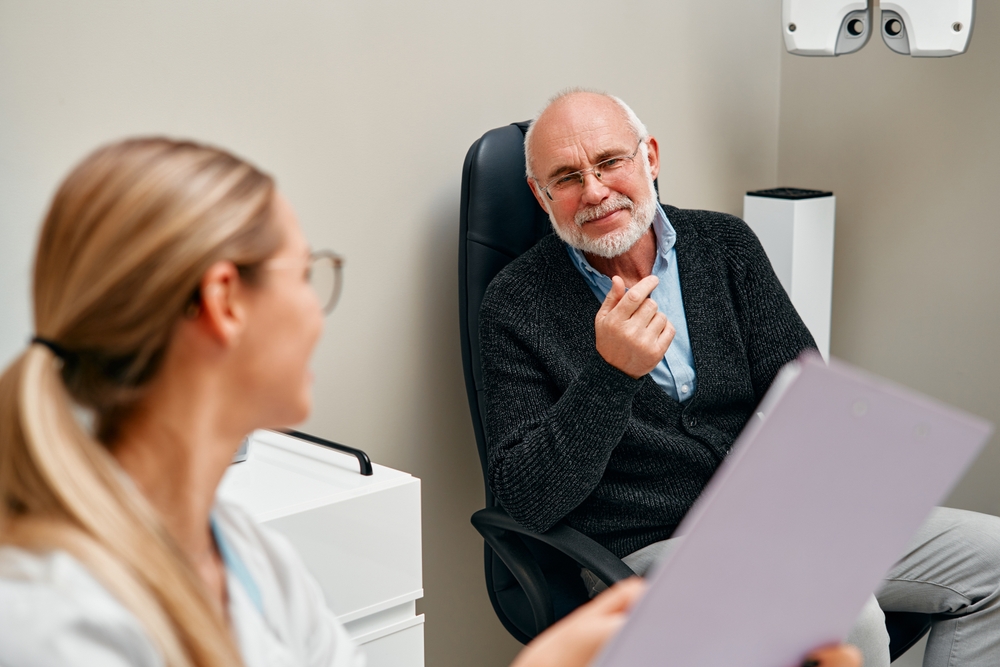
Routine eye exams are essential for maintaining good eye health and preventing potential vision problems. Many people overlook the importance of regular check-ups, assuming that their vision is fine. However, even if you have perfect vision, routine eye exams are crucial for detecting early signs of eye conditions that may not have noticeable symptoms.
What is a Comprehensive Eye Exam?
A comprehensive eye exam is a thorough evaluation of your visual system. It involves a series of tests and examinations to assess your overall eye health and vision quality. During a comprehensive eye exam, an optometrist will perform various assessments and an evaluation of your eye muscles and movements. They will also examine the external and internal structures of your eyes, checking for any abnormalities or signs of disease.
Tips for Preparing for Your Eye Exam
Before your eye exam, there are a few things you can do to prepare and ensure a smooth appointment. Firstly, make sure to gather any relevant information about your medical history, previous eye surgeries, or current medications. This information will help your eye care provider understand your overall health and identify any potential risk factors.
What to Expect During Your First Eye Exam
Your first eye exam may seem daunting, but it's a straightforward and painless process. After checking in at the reception, you will be called into the examination room, where the optometrist will begin by asking you some questions about your medical history and any vision concerns you may have. They will then proceed with the various tests, such as the visual acuity test, which involves reading letters or symbols from a chart to assess your distance and near vision. Next, the refraction test will determine your eyeglass prescription, if needed.
Common Eye Conditions Detected During Routine Exams
Routine eye exams play a crucial role in detecting and diagnosing various eye conditions. Some of the frequently identified conditions include myopia (nearsightedness), hyperopia (farsightedness), astigmatism, and presbyopia. These refractive errors can be corrected with eyeglasses, contact lenses, or refractive surgery.
Additionally, routine exams can detect more serious conditions such as cataracts, glaucoma, macular degeneration, and diabetic retinopathy. Detecting these conditions early allows for timely treatment and management, minimizing the risk of vision loss and preserving your eye health.
The Importance of Early Detection and Prevention
Early detection of eye conditions is crucial for maintaining optimal eye health. Many eye conditions, if left untreated, can lead to permanent vision loss or even blindness. Regular eye exams allow for the early identification of potential issues, enabling prompt intervention and treatment. In addition to detecting eye conditions, routine exams also provide an opportunity for preventive care. Your eye doctor can offer guidance on maintaining healthy vision through lifestyle changes, protective eyewear, and proper eye care practices.
Schedule Your Eye Exam with Small Wonder Eye Care Today
By scheduling regular check-ups, you can ensure early detection of any potential issues and receive timely treatment, if necessary. From assessing your visual acuity to examining your eye structures, comprehensive eye exams provide a comprehensive evaluation of your eyes' health.
Prioritize your vision and eye health by scheduling a comprehensive eye exam with our optometrist today, visit Small Wonder Eye Care at our office in Elgin, Texas. We are committed to providing quality eye care services and products for the entire family. Please call (512) 640-0282 to book an appointment today.











